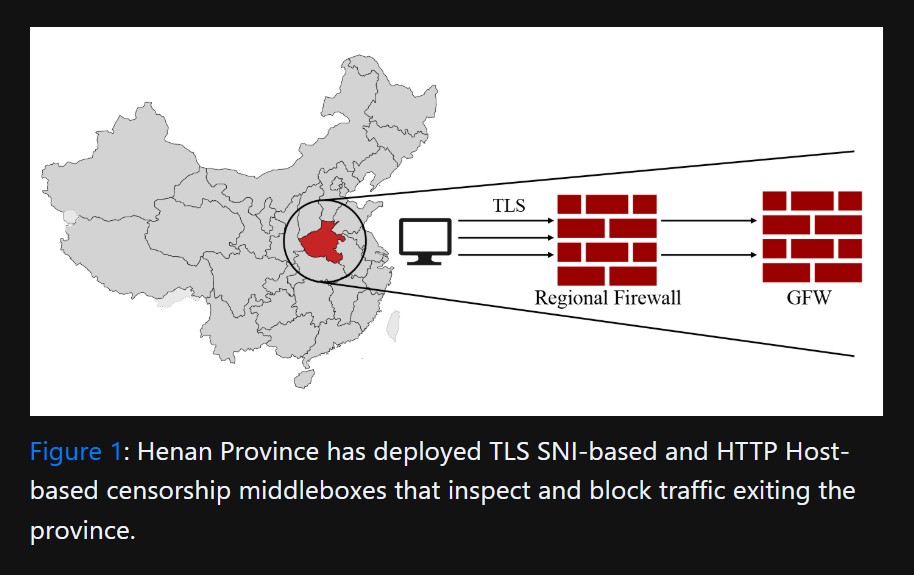UK Bans SIM Farms to Combat Telecom Fraud and Cybercrime
Britain Bans SIM Farms to Fight Cyber Fraud; Vodafone Blocks 73.5 Million Scam Texts
The UK has become the first European country to ban SIM farms as part of its intensified efforts to combat cyber fraud, which now makes up over 40% of reported crimes in England and Wales. Fraud Minister Lord Hanson announced the new legislation, set to take effect six months after the Crime and Policing Bill is signed into law. SIM farms—devices that hold multiple SIM cards—are commonly used in large-scale cybercrime schemes.
Criminals exploit SIM farms to automate mass scam texts, conduct phishing attacks, and generate fake online accounts, increasing cyber risks for businesses and consumers in the telecom and mobile sectors. Those caught using or supplying SIM farms will face unlimited fines in England and Wales, and penalties of £5,000 (around US$6,671) in Scotland and Northern Ireland. This stringent crackdown marks a significant shift for both law enforcement and industry stakeholders.

Figure 1. UK Leads Europe in Banning SIM Farms to Combat Mobile Fraud
Cyber Threats and Telecoms’ Response
Rising fraud rates highlight urgent need for action, with government data revealing a 19% increase in the past year [1]. Fraud now accounts for over 40% of reported crimes in England and Wales, emphasizing the escalating cyber risks linked to mobile technology. Lord Hanson notes, “About two-thirds of British adults—more than 35 million people—have received suspicious messages on their phones, making the crackdown on SIM farms crucial for public protection.” Figure 1 shows UK Leads Europe in Banning SIM Farms to Combat Mobile Fraud.
Vodafone UK has been instrumental in combating cyber threats in the telecom sector. Rachel Andrews, Head of Corporate Security at Vodafone UK, disclosed that the company blocked over 73.5 million suspected scam messages in 2024, and an additional 38.5 million in early 2025. She added, “UK telecom operators have collectively blocked more than one billion suspected scam messages since 2023.”
“However, we cannot combat fraud alone—collaboration between industry and government is essential. We fully support the Home Office’s important move to include SIM farms in the upcoming legislation,” she said.
The vast scale of mobile cyber fraud requires more than voluntary industry efforts. This new law provides the legal authority needed to tackle the problem directly, shutting down key loopholes that criminals have exploited for years.
Telecom Industry United to Fight Fraud
The announcement has received strong backing from both the telecoms sector and law enforcement agencies.
Nick Sharp, Deputy Director for Fraud at the National Crime Agency, called the move “a crucial tool to intensify our fight against fraudsters, disrupt the services they depend on, and better protect the public.”
Given the large-scale nature of SIM farm operations, they have become a key target for new anti-fraud efforts.
Matt Stanton, Global VP at BioCatch, stated: “SIM farms aren’t just illicit—they’re industrial-scale crime machines that send out scam texts, create fake accounts, and enable fraudsters to steal millions in minutes. Fraud is the UK’s most prevalent crime and is rapidly spreading across Europe. If other countries don’t act quickly, they risk leaving the door open for scammers. The UK has set a new standard; now it’s time for Europe to follow suit.”
These measures will focus not only on individual scammers but also on dismantling the infrastructure that allows cybercriminals to operate at scale.
Harsh penalties, including unlimited fines and stringent regulations, are designed to deter the organized networks driving the rise in telecom fraud.
Protecting Mobile’s Future from Cybercrime
By banning the possession or supply of SIM farms without legitimate cause, the government targets the core of large-scale cyber fraud operations. The severe penalties, including unlimited fines in England and Wales, reflect the strong stance authorities are taking against these crimes.
Lord Hanson emphasizes the government’s dedication: “Fraud ruins lives, and I am committed to taking decisive action to protect the public from these disgraceful criminals. This marks significant progress in our fight against fraud and will give law enforcement and industry clear tools to safeguard the public.”
The partnership between the government and telecom providers like Vodafone is seen as a model for future initiatives. Rachel Andrews stresses the importance of this cooperation, stating, “Collaboration between industry and government is essential [2]. This is a crucial step by the Home Office, and we fully support including SIM farms in the forthcoming legislation.”
The UK’s move may pave the way for other European nations to take similar steps.
As cyber threats in telecoms and mobile sectors evolve, banning SIM farms marks a significant advance toward more secure digital communication.
By cutting off these key channels for fraud, the UK aims to offer stronger protection for both businesses and consumers against mobile cybercrime.
References:
- https://www.telecomstechnews.com/news/uk-announces-first-ban-in-europe-on-sim-farms/
- https://cybermagazine.com/network-security/uk-bans-sim-farms-as-vodafone-blocks-73-5m-scam-texts
Cite this article:
Janani R (2025), UK Bans SIM Farms to Combat Telecom Fraud and Cybercrime, AnaTechMaz, pp. 171















